Geometry 101: Beginner to Intermediate Level
Unlock the Mysteries of Shapes and Angles

17 Hours average completion time
1.7 CEUs
15 Lessons
32 Exams & Assignments
63 Discussions
15 Videos
204 Articles
Mobile Friendly
Last Updated January 2026
Imagine a world without shape or form, where chaos reigns, and the beauty of symmetry is absent. It's our uncanny ability to interpret the language of geometry that disentangles our perception and breathes order into our universe. Geometry 101 is not merely a course; it's an odyssey through the mathematical symphony that orchestrates the dance of points, lines, and planes, transforming the abstract into the tangible. This course is your gateway to unraveling the vast tapestry of spatial intelligence and leveraging it to enrich every facet of your life.
Step forward into a world where walls whisper stories of angles, where streets and skyscrapers pulse with the logic of lines and shapes. With Geometry 101, you are about to embark on an unforgettable journey, where your guide is not just knowledge, but the power to see the world through a lens of elegance and precision that only geometry can provide.
Each unit of this immersive course is crafted meticulously to weave a seamless tapestry from the rudiments of geometric principles to the nuanced symphony of spatial reasoning. You will begin your exploration with simple points and lines, nurturing your innate curiosity about how these simple constructs form the essence of everything. Soon, you will find yourself navigating the complex interplay of angles and intersections, developing the keen eye necessary to recognize the universe's subtle geometric rhythm.
Venturing into the realm of polygons, you will unravel the mystique of triangles and quadrilaterals, breathing life into these foundational forms. You'll learn to harness their properties, cultivating an understanding as timeless as the pyramids, as profound as the humble honeycomb's hexagonal perfection. This mastery will elevate your capacity to seamlessly transition to the more sophisticated art of constructing and deconstructing composite shapes--an architectural dance of creativity and logic.
The journey doesn't stop at two dimensions. With Geometry 101, you transcend the boundaries of the flat surface. Our exploration ascends into three-dimensional space, offering profound insights into the solid realities of spheres, polyhedra, and the kaleidoscopic interplay of planes. Learn to dissect complexity with clarity and precision, as you unravel the mysteries of volumes and surfaces that define not just objects but the very nature of the space they inhabit.
But why merely follow others? Why not grasp the reins of your geometric destiny and conjure your own constructs? Geometry 101 equips you with this power, taking you beyond theoretical realms to the time-honored art of classical construction. With a compass and straightedge, your sketches evolve from rudimentary lines to masterpieces of innovation and precise beauty--a dance of geometry that transcends mere calculation.
Geometry 101 isn't just about learning; it's about transformation. It's about cultivating a mindset that recognizes the unseen bonds between the abstract world of numbers and the tactile experiences of reality. By the end of this course, you'll possess not only the mathematical prowess to solve geometric conundrums but the confidence to apply this knowledge in real-world scenarios. Your newfound skills in trigonometry will embolden you to navigate a world layered with geometric challenges, whether in technology, design, or day-to-day problem-solving.
Choose Geometry 101 and don't just study geometry--inhabit it. Let it reshape your perspective, refine your talents, and redefine excellence. This course is not just an educational endeavor but the laying of fertile ground where curiosity flowers into mastery. Let Geometry 101 steer you toward the future you're dreaming of--join us, and transform the way you see, think, and shape the world around you. The path to enlightenment is geometric; let yours begin here.
- Exploring properties and perimeters of polygons
- Using classic geometric construction tools and techniques
- Understanding geometric figures' foundational definitions
- Decomposing complex figures into manageable components
- Linking trigonometry concepts to geometric situations
- Mastering circle properties and geometrical calculations
- Applying deductive reasoning in geometric proofs
- Classifying and proving triangle congruence and similarity
- Analyzing angles and line interactions effectively
- Solving three-dimensional geometry problems accurately
- Calculating areas of triangles and quadrilaterals
-
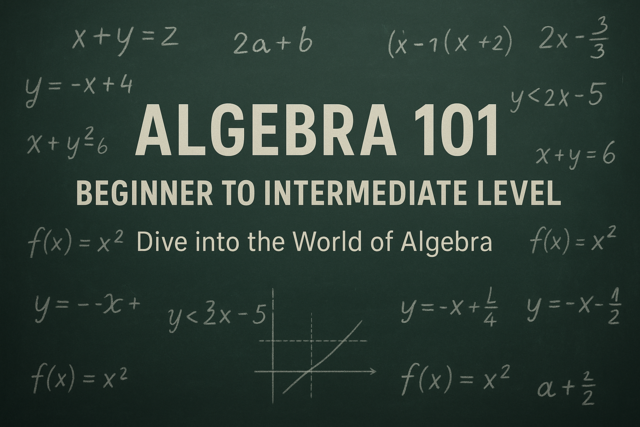
Algebra 101: Beginner to Intermediate Level
-
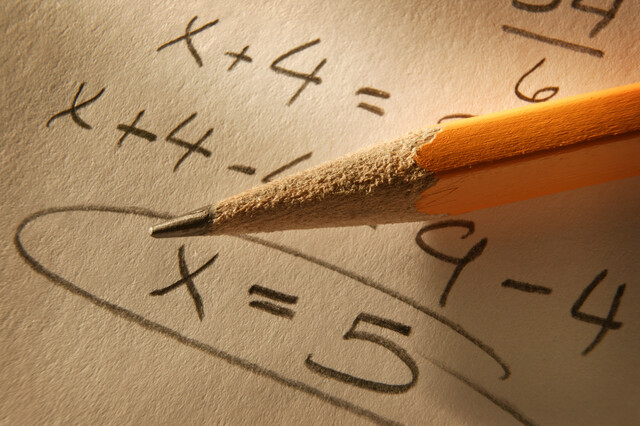
ABCs of Algebra
-

Introduction to Logic
-
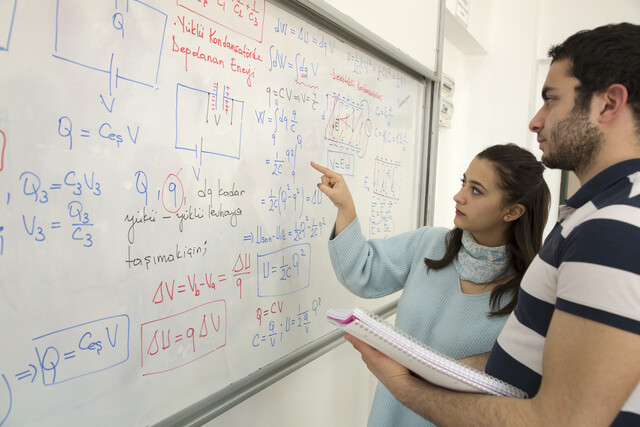
Pre-Algebra 101
-

Organizational Behavior in Business
-
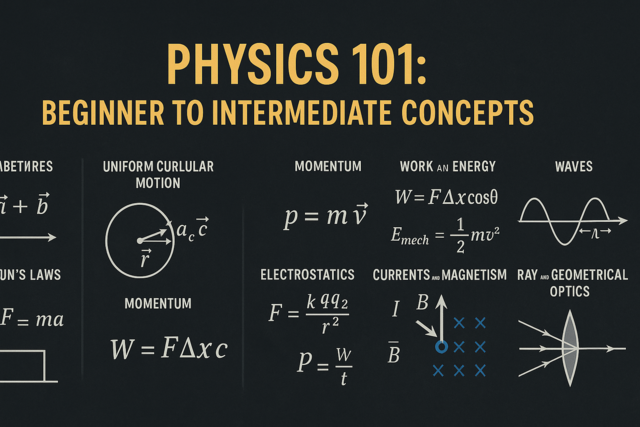
Physics 101: Beginner to Intermediate Concepts
-

Teaching Grammar to ESL Students
-

Business Math 101
-

Electronics 101
-

Applied Statistics 101
-

Sustainable Development for Business
-
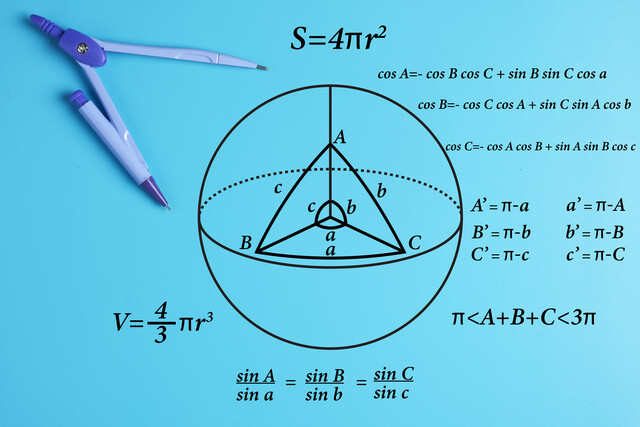
Precalculus 101
-
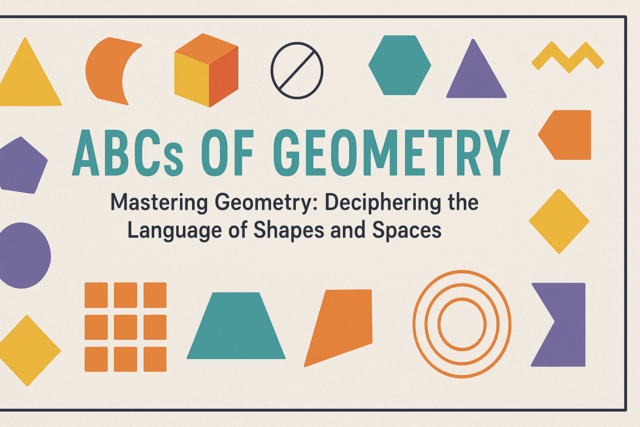
ABCs of Geometry
-

Math All-In-One (Arithmetic, Algebra, and Geometry Review)
-

Statistics 101
-

Business Analysis
-
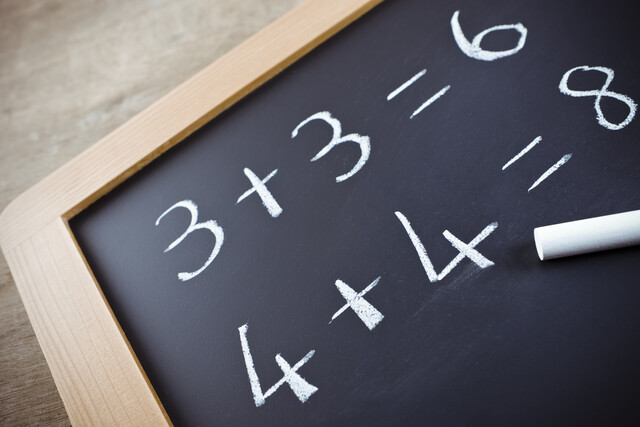
Basic Math 101